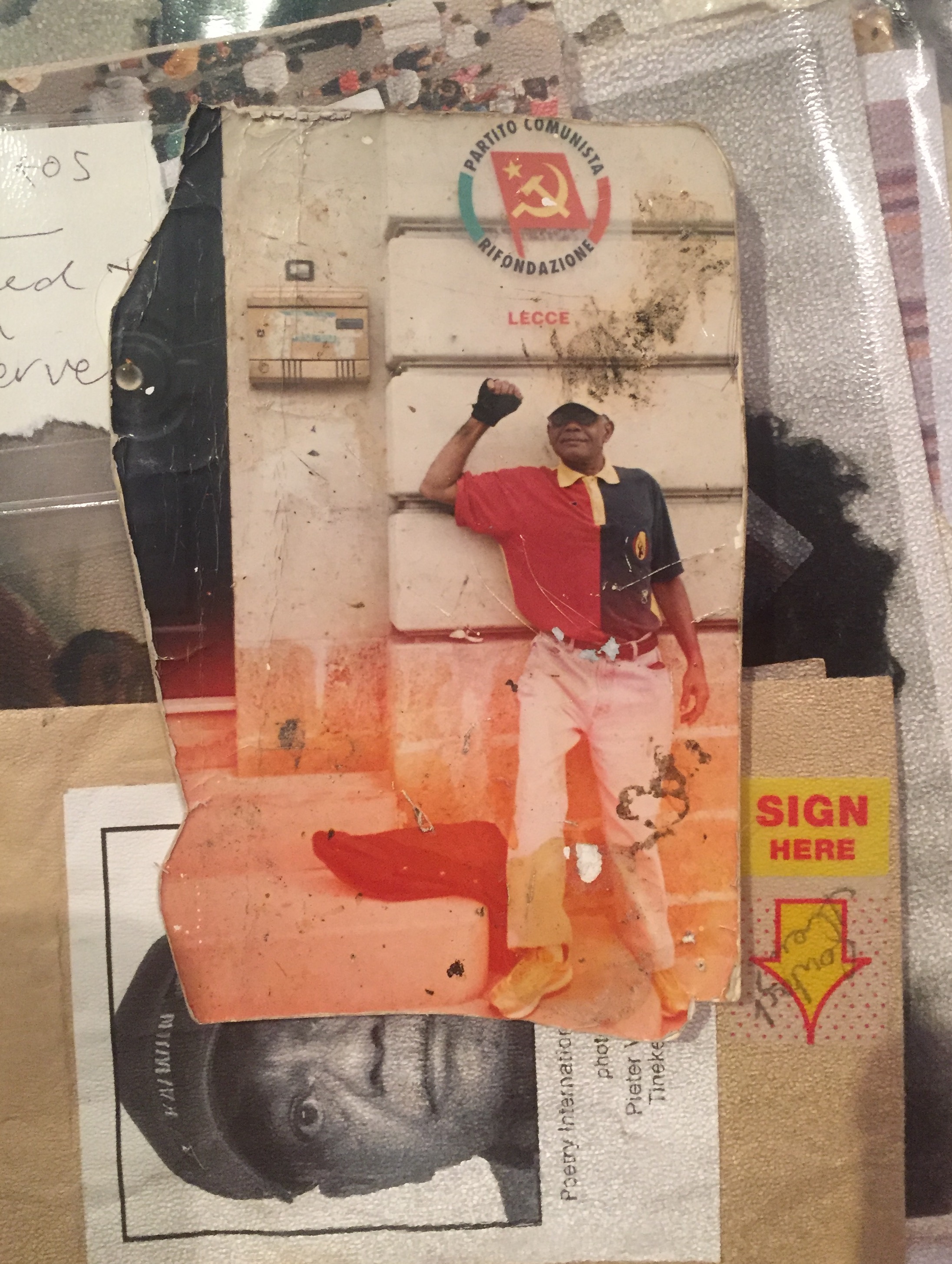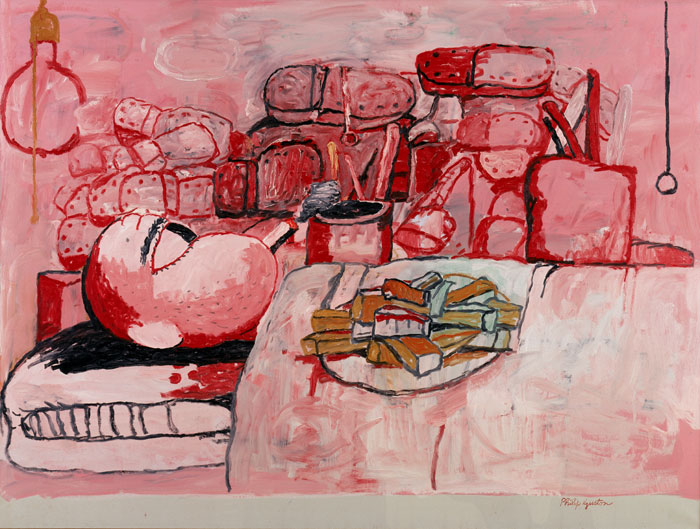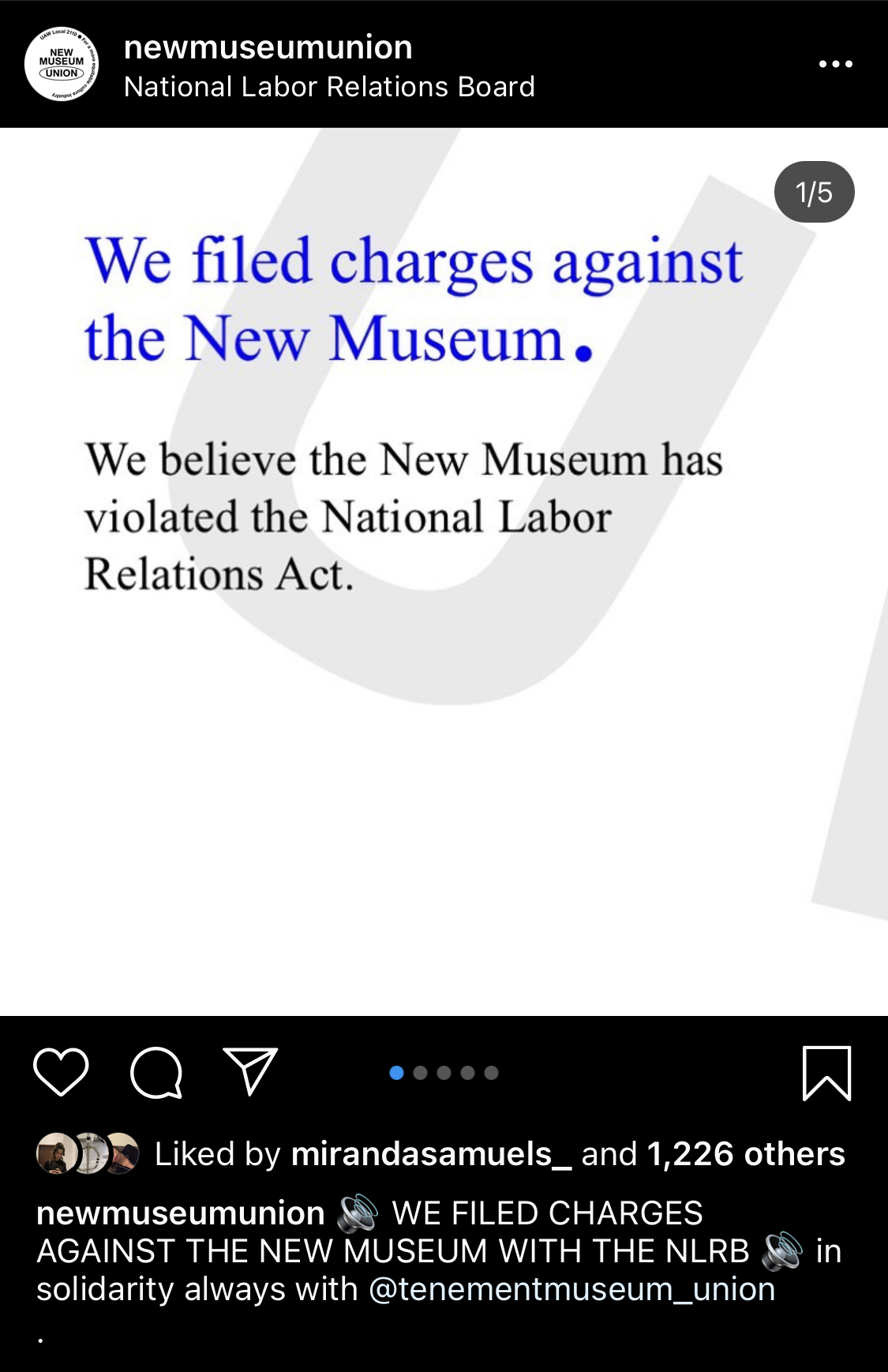CRISIS!
A weekly series of talks and readings organised by 1856 addressing how artistic labour continues in a time of increased social and economic precarity, as well as discussing the collective strategies of artists to transform their socio-political conditions.
Lionel Fogarty
- Reads a selection of his poems on resistance, death, protest, racism, possible futures, perceptible pasts and much more.
- 4pm AEST, 27 June
(11pm West US; 9am EU)
ON ZOOM: CLICK TO WATCH
Password: FOGARTY

Lionel Fogarty (b. 1958, Cherbourg, Australia) was born on Wakka Wakka land at Cherbourg Aboriginal Reserve in south-east Queensland. A Murri man, he has traditional connections to the Yugambeh people from the area south of Brisbane and the Kudjela people of north Queensland. In his writing he demonstrates that he is a poet of language as much as of politics, repurposing both traditional poetics and the speech of his people to delineate current circumstances of oppression alongside a vision of independent Aboriginal identity.
In the 1970s, he was involved with the Australian Black Panther Party, founded in Brisbane by Denis Walker and Sam Watson, and with Gary Foley at the Aboriginal Tent Embassy in Canberra. Practical outcomes of this movement were the establishment of free Aboriginal medical, legal, and housing services and a National Black Theatre. In 1976, he went to the USA, where he addressed the American Indian Movement at the Second International Indian Treaty Council in South Dakota and met Russell Means, Leonard Crow Dog, and Jimmie Durham. It was also around this time that he began writing poetry; he names his early influences as Oodgeroo, Jack Davis and Kevin Gilbert.
Always an enthusiastic and curious traveller, Fogarty undertook an extensive reading tour through Europe in 1993, the International Year of the World’s Indigenous People. At the end of that year he received the news that his 18-year-old brother Daniel Yock had died in police custody in Brisbane. This personal tragedy and its aftermath for the Aboriginal communities of Queensland (and particularly Cherbourg) shifted Fogarty’s political focus to protests against Aboriginal Deaths in Custody and demands for justice following the 1991 Royal Commission report. After his brother’s death, Fogarty produced a series of highly personal, highly political poems of grief and anger.
In the 1980s and 1990s, he published a series of books which established his career as a poet, Kargun (1980), Yoogum Yoogum (1982), Kudjela (1983), Ngutji (1984) and Jagera (1990). After the events in 1993 he focused on political activities, but begun publishing again with Minyung Woolah Binnung: What Saying Says (2004) which was the first text to include Fogarty’s own drawings along with his poems; followed by Yerrabilela Jimbelung: Poems about Friends and Family (2008)—a collaboration with Yvette Walker and his son Kargun Fogarty. More recently, Vagabond Press, has issued three volumes of poetry: Connection Requital (2010), Mogwie-Idan: Stories of the Land (2012) and Eelahroo (Long Ago) Nyah (Looking) Möbö- Möbö (Future) (2014). Connection Requital won the Scanlon Prize for Indigenous Poetry in 2012 and Mogwie-Idan: Stories of the Land was awarded the Kate Challis RAKA Award in 2015. In 2017, Lionel Fogarty Selected Poems 1980-2017 (edited by Philip Morrissey & Tyne Dale) was published by Re-press, covering nearly forty years of his writing.
Fogarty today lives on his own country at Undullah (Mulinjari country) and travels regularly to community events and poetry festivals around Australia.
Marina Vishmidt
- Presents Speculative Loops: Speculation as a Mode—of Production, of Accumulation, and Time Navigation.
- 5pm AEST
(Midnight West US; 10am EU)
ON ZOOM: CLICK TO WATCH
Password: VISHMIDT
4 July

- Marina Vishmidt will be presenting a synopsis of her recently published book, Speculation as a Mode of Production: Forms of Value Subjectivity in Art and Capital (Haymarket Books, 2019), from its discussions of temporality and negation, she will attempt to outline what a speculative praxis in the current political moment could look like.
- “For the past few decades, it’s been clear that the ascent of finance in capitalist societies has been accompanied by a devaluation and indebtedness of labour. The grip of finance over social reproduction has generated self-optimization or the ‘hustle’ as the mark of this devaluation on a structural as well as subjective level. That’s the broad territory of my work on ‘speculation as a mode of production’. More recently, I’ve been looking into the relationship between this general devaluation of labour, the rise of labour politics in different parts of the art field (what artistic labour looks like once you start to put a price on it) and various discourses of automation. Given ongoing developments, the pandemic presents us with an economic model which, in the absence of capital or labour, has to directly subsidize itself, which is equivalent to cannibalising itself. Picking up on the concluding section of my book on ‘socially speculative’ practices, I will revisit the dialectic between artistic labour and abstract labour under these conditions.”
Marina Vishmidt is a London-based writer, editor and critic occupied mainly with questions around art, labour and value. She teaches at Goldsmiths, University of London. Her work has appeared in the journals South Atlantic Quarterly, Ephemera, Afterall, Journal of Cultural Economy, Australian Feminist Studies, and Radical Philosophy, among others, as well as a number of edited volumes. She is the co-author (with Kerstin Stakemeier) of Reproducing Autonomy (Mute, 2016), and Speculation as a Mode of Production: Forms of Value Subjectivity in Art and Capital (Brill 2018 / Haymarket 2019). She is one of the organisers of the Centre for Philosophy and Critical Thought at Goldsmiths, a member of the Marxism in Culture collective and is on the board of the New Perspectives on the Critical Theory of Society series (Bloomsbury Academic).
Ted Gott
- Speaks on the impact of the AIDS crisis on the LGBTI+ and artistic communities of the 1980s and 1990s, their strategies for resistance, survival, grief, and mourning.
- 4pm AEST
(11pm West US; 9am EU)
ON ZOOM: CLICK TO WATCH
Password: GOTT
11 July

The Silence = Death Project used by permission by ACT-UP, The AIDS Coalition To Unleash Power. Colour lithograph, 1987.
Ted Gott is a Senior Curator of International Art at the National Gallery of Victoria. In the late 1980s he moved to the United States during the height of the AIDS epidemic, during this time he collected an archive of cultural material pertaining to the crisis. In 1991, still at the height of the epidemic, he curated The Don't Leave Me This Way: Art in the Age of AIDS at the National Gallery of Australia, Canberra. Some of the artists who participated in this exhibition would not live to see it close.
NEW MUSEUM UNION
(Dana Kopel)
- 1856 in conversation with Dana Kopel, writer and former senior publications coordinator at the New Museum where she helped organise the New Museum Union.
- Melbourne/Sydney:
10am
Saturday 14 November - East Coast US:
7pm
Friday 13 November

Dana Kopel is a writer and the former senior editor and publications coordinator at the New Museum, where she helped organize the New Museum Union. Her writing appears in Art in America, Frieze, SSENSE, Flash Art, Mousse, X-TRA, and several exhibition catalogues. She lives in New York, where she works as a union organizer with OPEIU Local 153.
Organised by Imogen Beynon, Nicholas Tammens, and Pip Wallis.
With special thanks to Mia Tinkler.